Why has Nasa launched a mission to Mars?
The Perseverance rover is looking for evidence of life on the red planet
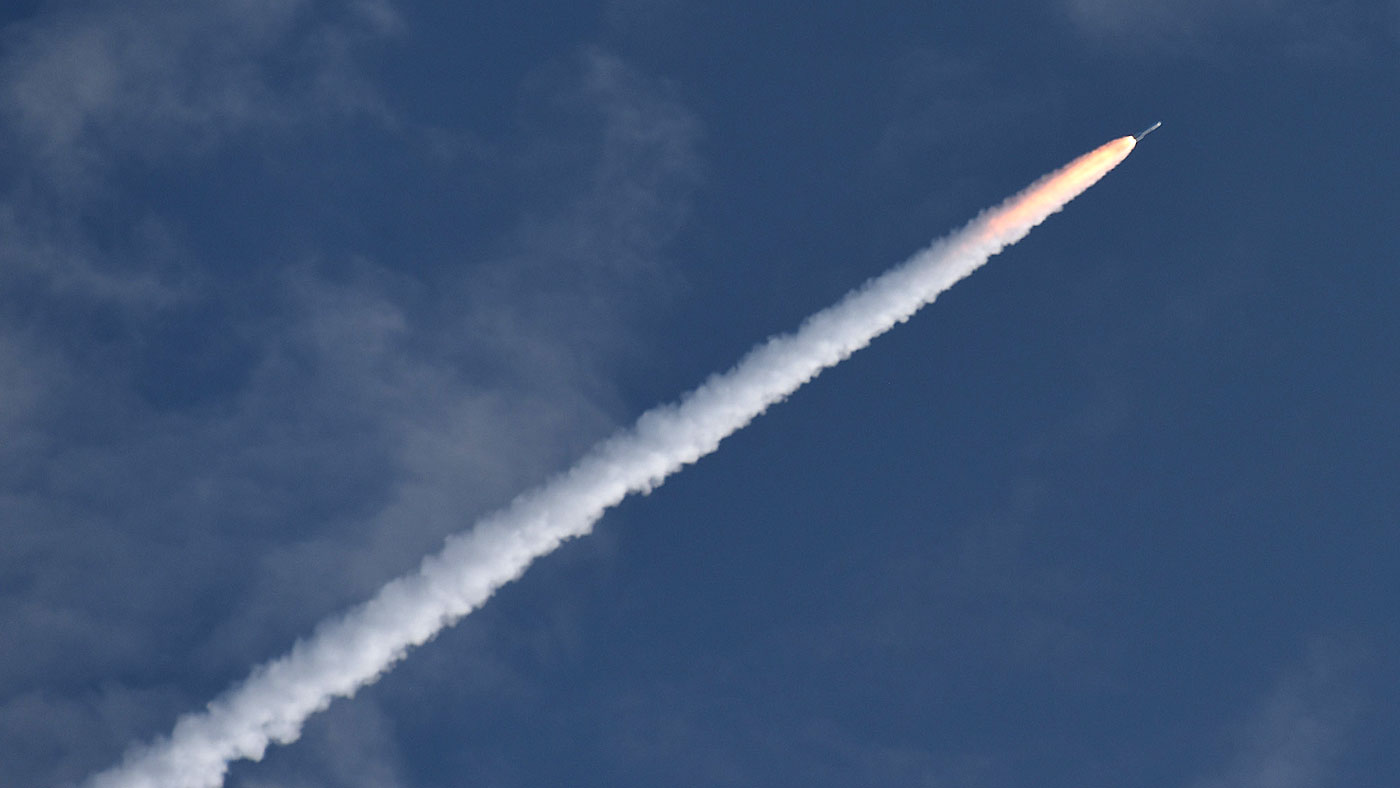
A free daily email with the biggest news stories of the day – and the best features from TheWeek.com
You are now subscribed
Your newsletter sign-up was successful
A six-wheeled exploration buggy called Perseverance is 24-hours into a seven-month voyage to Mars, where it will scour the surface for evidence of alien life.
It blasted off from Cape Canaveral in Florida yesterday aboard an Atlas V rocket.
“Nasa made this mission one of its absolute priorities when the coronavirus crisis struck, establishing special work practices to ensure Perseverance met its launch deadline,” the BBC reports.
The Week
Escape your echo chamber. Get the facts behind the news, plus analysis from multiple perspectives.

Sign up for The Week's Free Newsletters
From our morning news briefing to a weekly Good News Newsletter, get the best of The Week delivered directly to your inbox.
From our morning news briefing to a weekly Good News Newsletter, get the best of The Week delivered directly to your inbox.
Why is it so important?
When the rover lands on Mars in February next year, “it will use a sophisticated suite of science instruments including 23 cameras to examine the planet’s climate and geology”, says New Scientist. Although the mission is unmanned, Nasa says it will be the next best thing.
“Perseverance will bring all human senses to Mars,” astrophysicist Thomas Zurbuchen said at a recent press conference. “It will sense the air around it, see and scan the horizon, hear the planet with microphones on the surface for the first time, feel it as it picks up samples to cache.”
Its ability to carry out chemical analysis of the dust it finds on the surface will mean it can “even taste it, in a sense”, he added.
A free daily email with the biggest news stories of the day – and the best features from TheWeek.com
The rover will also carry an experimental space helicopter, which will make a 15-minute flight above the surface of the planet.
Where is it going?
After its 60-million mile journey, Perseverance is intended to “touch down in an ancient river delta and former lake on the Martian surface known as the Jezero Crater”, says Sky News.
Covered in rocks and strewn with “sand dunes and depressions”, it will not be the easiest landing site. But Nasa has good reason to take its chances.
“The deposits in the crater are rich in clay minerals which form in the presence of water, meaning life may have once existed there - and such sediments on Earth have been known to store microscopic fossils.”

Is there life on Mars?
The Victorians certainly thought so, but David Bowie seemed less sure.
Most scientists would put Bowie’s question into the past tense, asking not whether there’s life on Mars now, but whether there might have been in the distant past.
“Perseverance will hunt for ‘biosignatures’ of past microbial life,” explains the Daily Mail, seeking out promising rocks and drilling samples from their cores.
“We know that Mars has the ingredients for life,” says New Scientist, “and that long ago it was probably far warmer and wetter than today.”
It may yet be some time before we know for certain, however. Even if we find clues that there might have once been living organisms on Mars, we probably won’t be sure until we can bring those clues back to Earth and examine them in the lab, says Johnson.
“The rock samples will be picked up by another mission in 2026,” says the Daily Mail, and only then will scientists see definitive results.
Holden Frith is The Week’s digital director. He also makes regular appearances on “The Week Unwrapped”, speaking about subjects as diverse as vaccine development and bionic bomb-sniffing locusts. He joined The Week in 2013, spending five years editing the magazine’s website. Before that, he was deputy digital editor at The Sunday Times. He has also been TheTimes.co.uk’s technology editor and the launch editor of Wired magazine’s UK website. Holden has worked in journalism for nearly two decades, having started his professional career while completing an English literature degree at Cambridge University. He followed that with a master’s degree in journalism from Northwestern University in Chicago. A keen photographer, he also writes travel features whenever he gets the chance.
-
 ‘States that set ambitious climate targets are already feeling the tension’
‘States that set ambitious climate targets are already feeling the tension’Instant Opinion Opinion, comment and editorials of the day
-
 Mixing up mixology: The year ahead in cocktail and bar trends
Mixing up mixology: The year ahead in cocktail and bar trendsthe week recommends It’s hojicha vs. matcha, plus a whole lot more
-
 Labor secretary’s husband barred amid assault probe
Labor secretary’s husband barred amid assault probeSpeed Read Shawn DeRemer, the husband of Labor Secretary Lori Chavez-DeRemer, has been accused of sexual assault
-
 Elon Musk’s pivot from Mars to the moon
Elon Musk’s pivot from Mars to the moonIn the Spotlight SpaceX shifts focus with IPO approaching
-
 Data centers could soon be orbiting in space
Data centers could soon be orbiting in spaceUnder the radar The AI revolution is going cosmic
-
 Another Starship blast sets back Musk's Mars hopes
Another Starship blast sets back Musk's Mars hopesSpeed Read Nobody was killed in the explosion, which occurred in south Texas
-
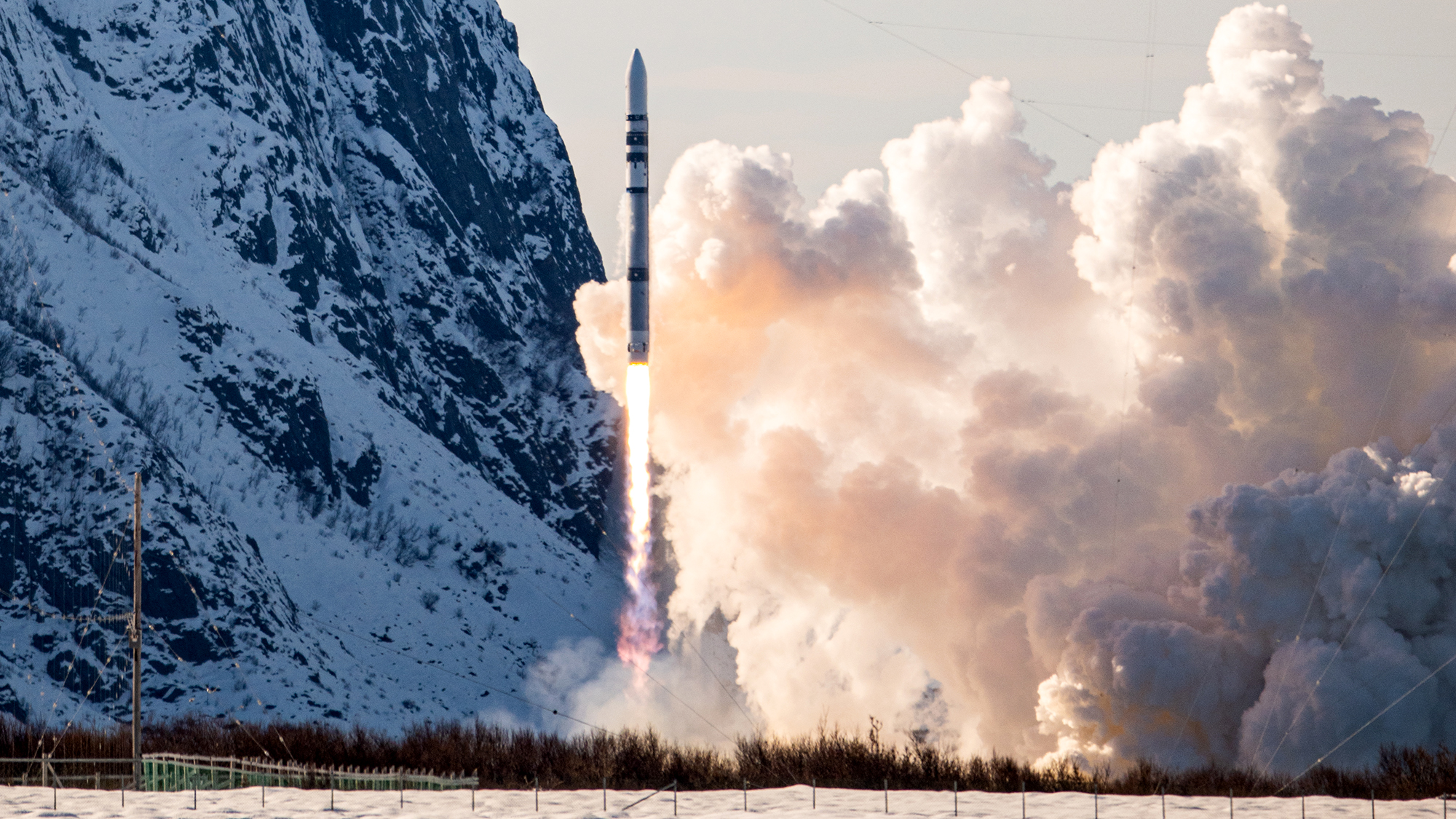 Test flight of orbital rocket from Europe explodes
Test flight of orbital rocket from Europe explodesSpeed Read Isar Aerospace conducted the first test flight of the Spectrum orbital rocket, which crashed after takeoff
-
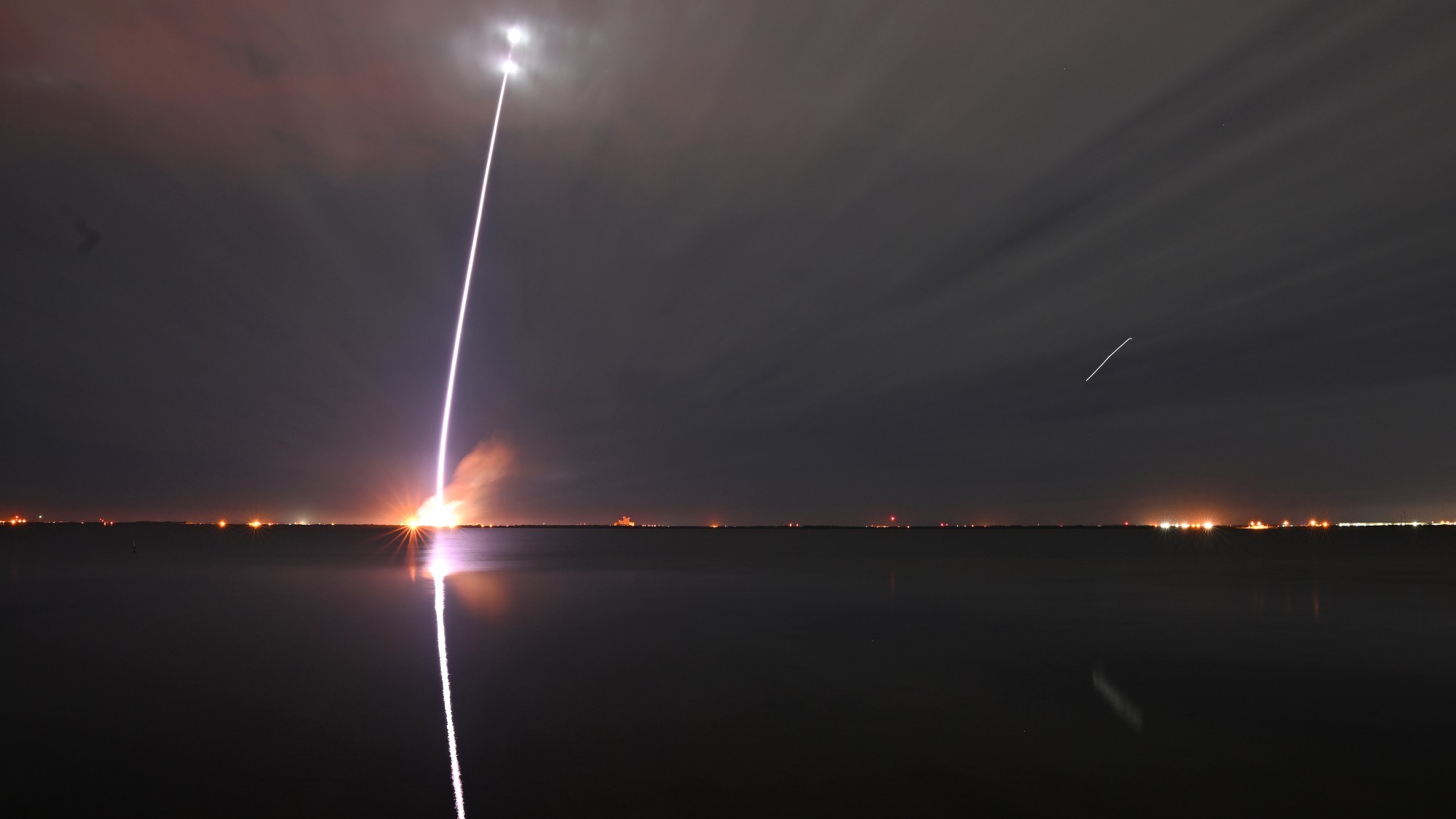 Jeff Bezos, Elon Musk and the billionaire space race
Jeff Bezos, Elon Musk and the billionaire space raceThe Explainer Tesla CEO and Amazon founder vie for dominance of satellite launch market and could influence Nasa plans to return to Moon
-
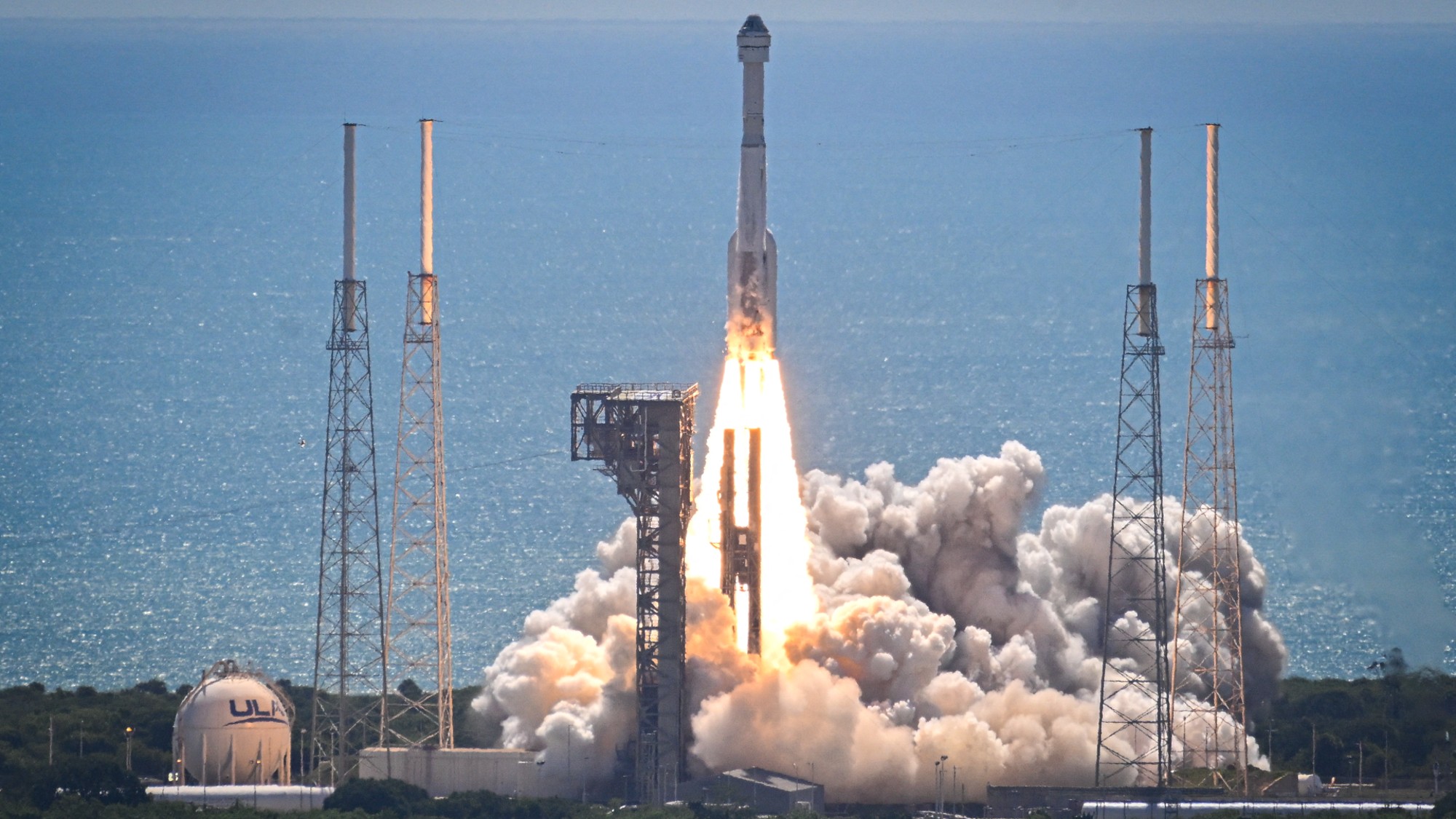 Starliner: What went wrong?
Starliner: What went wrong?Today's Big Question Boeing spacecraft has had a 'long, difficult road'
-
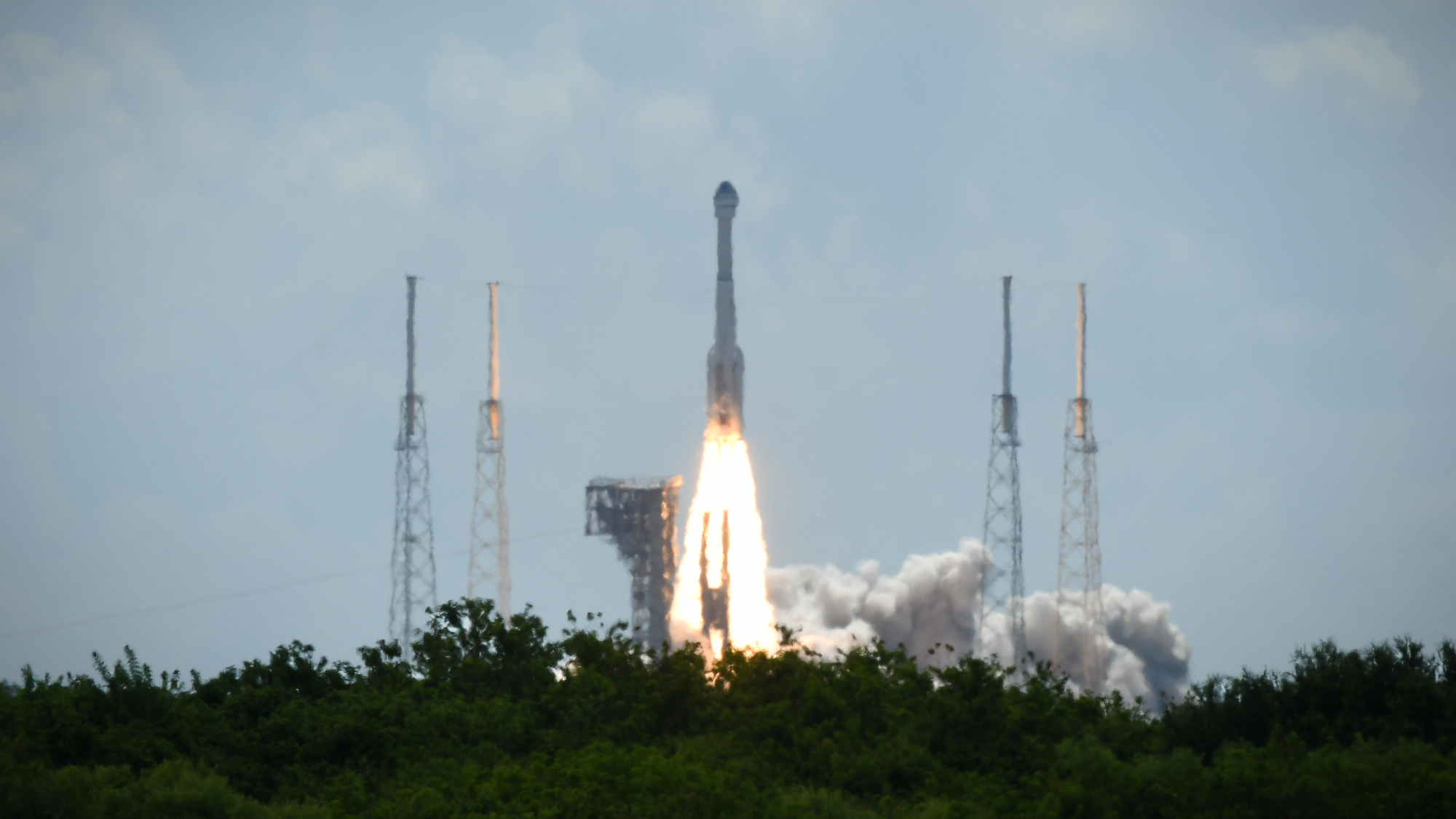 Boeing, SpaceX successfully test key rockets
Boeing, SpaceX successfully test key rocketsSpeed Read Boeing’s Starliner docked at the ISS and SpaceX completed its fourth test launch of its Starship spacecraft
-
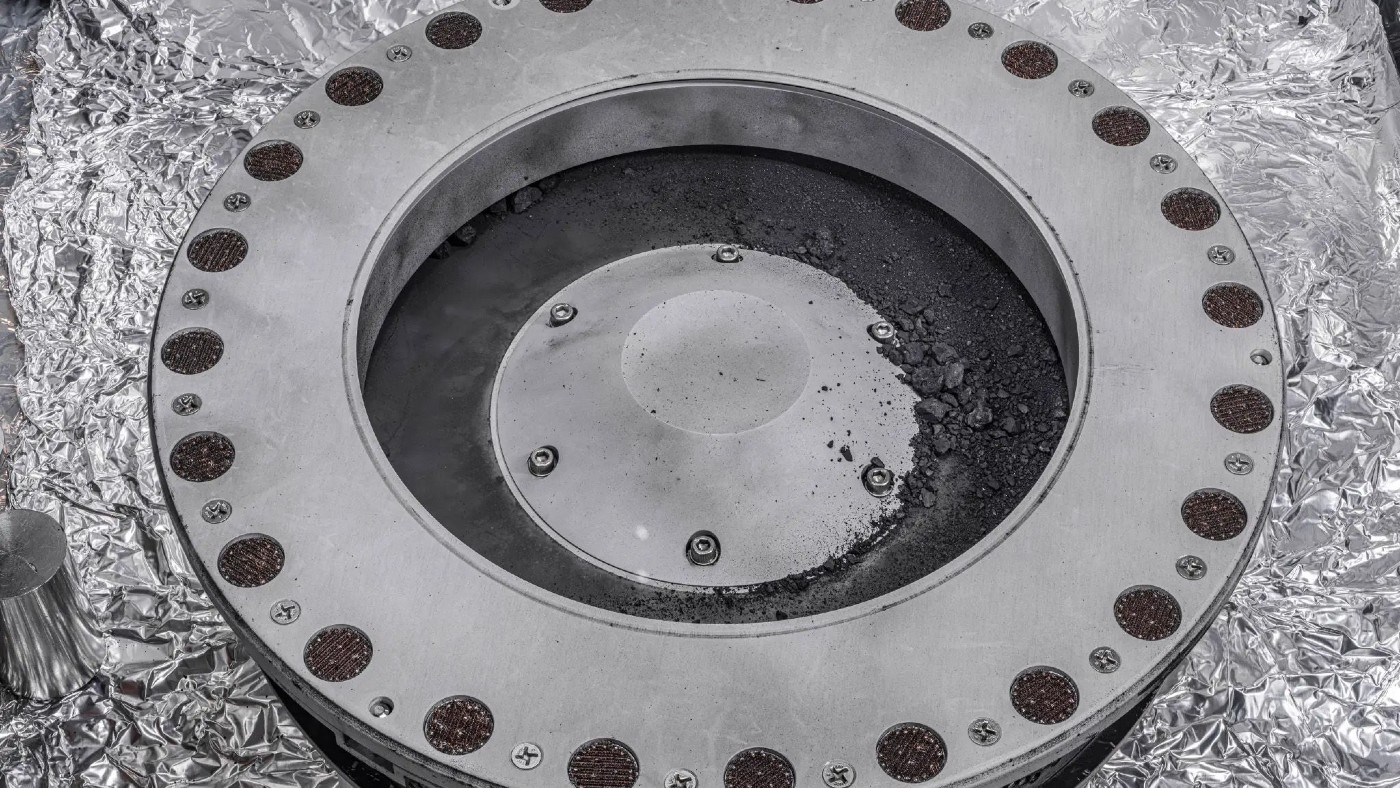 Nasa reveals first findings from asteroid that could explain origins of life
Nasa reveals first findings from asteroid that could explain origins of lifeSpeed Read Sample from Bennu has been found to contain an abundance of water and carbon